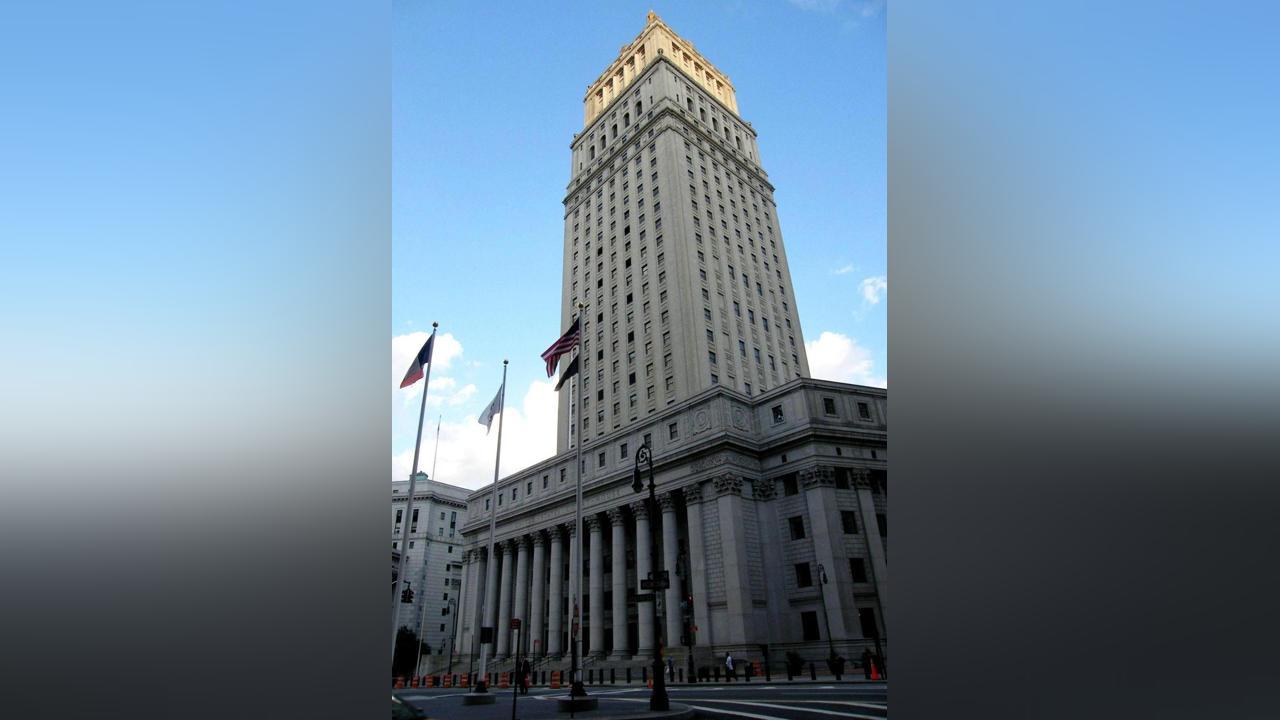Africa-Press – Gambia. Sering Ceesay, a Gambian who has been living in the United States since 1994 has been given 48 hours to leave the country.
The 63-year-old was taken into custody and sent two days later to the Buffalo Federal Detention Facility in Batavia.
In September 1997, the government ordered Ceesay to voluntarily leave the US within two months. When he did not do so, the order converted to a deportation order. In 2010, Immigration and Customs Enforcement detained him for three months but then released him on an order of supervision, which required him to make regular, in-person visits to the agency’s Manhattan office. The agency’s written notice informed Ceesay that once it secured travel documents, he would be required to surrender for removal but that he would be given time to prepare for an orderly departure.
Lawyers for the Robert F Kennedy Human Rights nonprofit organisation who appeared before Judge Vilardo on Ceesay’s behalf did not challenge the lawfulness of his removal order. But they argued his detention was unlawful because of how – and how quickly – the government revoked his order of supervision.
While Vilardo found that Ceesay was entitled to be released, how much time out of custody he was entitled to was a trickier issue, with sparse case law to base a decision.
Ceesay’s lawyers asked for 30 days.
‘Opportunity to say goodbye’
On Monday, Ceesay’s lawyers asked Vilardo to give him at least 30 days out of custody before his deportation.
Given Ceesay’s coronary artery disease and past heart attacks, preparing for an orderly departure “simply cannot occur within 48 hours,” said Sarah Gillman of Robert F Kennedy Human Rights. Ceesay would need to make multiple appointments with medical specialists for his “complex medical needs” before being deported, she said.
Dr Joseph Shin, a faculty member of Weill Cornell Medical College in New York, said in a letter to the court that even if ICE supplies Ceesay with his regiment of medications upon his deportation, “once his medication supply runs out, it will be like a ticking time bomb until his next stroke, heart attack or other adverse cardiovascular complication.”
Ceesay was in “full and complete compliance with his order of supervision for a period of over 14 years,” said Sarah Decker, another of his lawyers from the Robert F Kennedy Human Rights organisation.
He did not deserve to be whisked away unexpectedly, was no threat to flee and should have been afforded more time to prepare for being deported, his lawyers said.
Vilardo denied the request for more time, clarifying what he meant by “orderly departure.”
“What it means is an opportunity to grab some photos, and to say goodbye and to pack some clothes and to get medicine, and to do those kinds of things which certainly could take place within 48 hours,” Vilardo said Monday.
“You’re asking me to delay his deportation, something that I don’t think I have the authority to do,” the judge said. “While I’m not exactly happy with ICE’s position here, I hesitate to do anything more than I’ve done already, because I think I’ve gone about as far as I can go,” he said.
Assistant US Attorney Adam Khalil said Ceesay had time to prepare for his deportation, including the time he has spent detained in Batavia. Ceesay had chances to do video chats and see visitors during his detention, Khalil told Vilardo at an April court proceeding.
On Monday, Khalil dismissed the notion that Ceesay’s medical needs should weigh in favour against deportation.
Ceesay’s lawyers argue he should not be deported to Gambia because medical care there is not as good as it is in America, Khalil told Vilardo.
Under that reasoning, “it would prevent removal of anybody except to a highly industrialised country,” Khalil said. “It would tie the hands of immigration officials.”
In an April court proceeding, Ceesay said he would die if deported.
“My life will end, because I know in Gambia we don’t have those doctors,” he said. “We don’t have the medication.”
“If you don’t follow an unlawful process to enter the country, you’re never in this situation,” Khalil said at the April hearing.
The flight to Gambia should not pose a health risk, Khalil added.
“He’s going commercial,” Khalil said. ‘He is not being deported via an ICE charter flight. He won’t be in cuffs. He’s getting on an airplane at an airport, and he’s flying like any other passenger would.”
Ceesay’s lawyers told Vilardo they believed Ceesay would be deported to Gambia once he reported to ICE on Tuesday. Khalil said that is not for certain, but it remains unclear what happened to Ceesay once he reported to ICE.
For More News And Analysis About Gambia Follow Africa-Press






